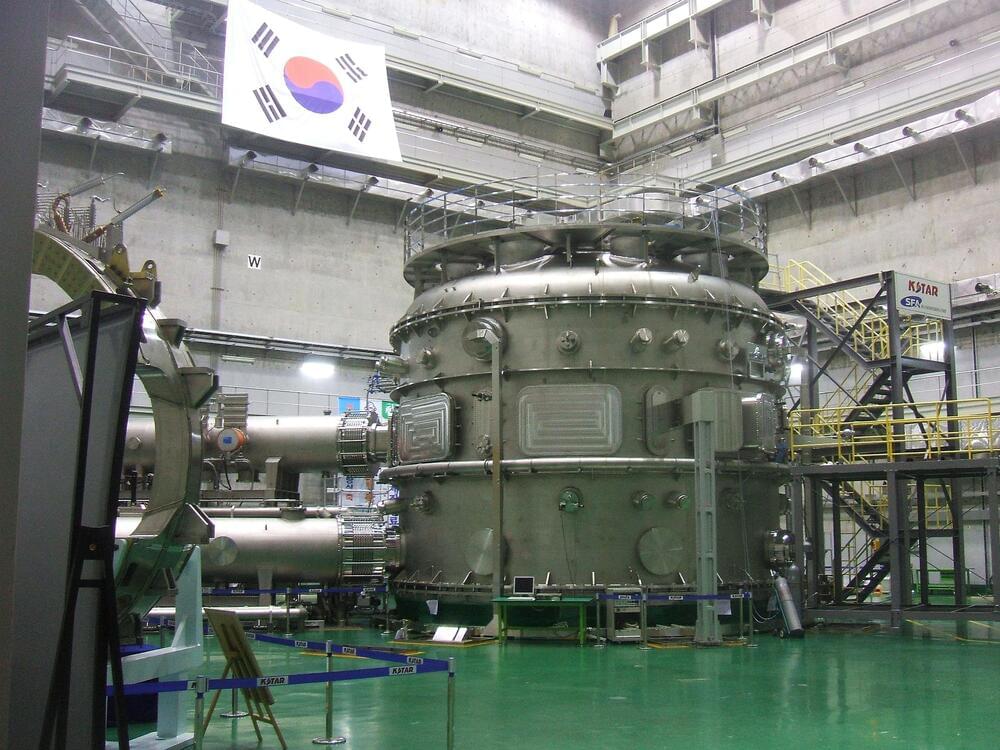Scientists are exploring nuclear fusion technology through various experimental devices, and a popular design for this pursuit of clean, practically inexhaustible energy is known as the tokamak. An exciting example of these donut-shaped reactors can be found at the Korea Institute of Fusion Energy, where scientists have reportedly set a new record by maintaining super-hot plasma for 30 seconds.
The idea behind fusion power is to recreate the processes that take place inside the Sun. Huge gravitational forces combine with intense heat and pressure to produce a plasma, in which nuclei smash into each other at high velocity to form helium and release energy.
Tokamaks are designed to recreate this process here on Earth with a series of coils placed around a torus-shaped reactor, magnetically confining plasma heated to millions of degrees for long enough for the fusion of nuclei to occur. Many of these experimental devices are in operation around the world, and the Korea Superconducting Tokamak Advanced Research (KSTAR) reactor is one making some promising strides.
